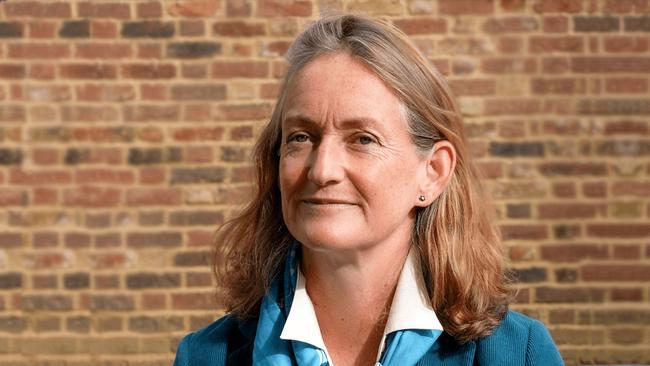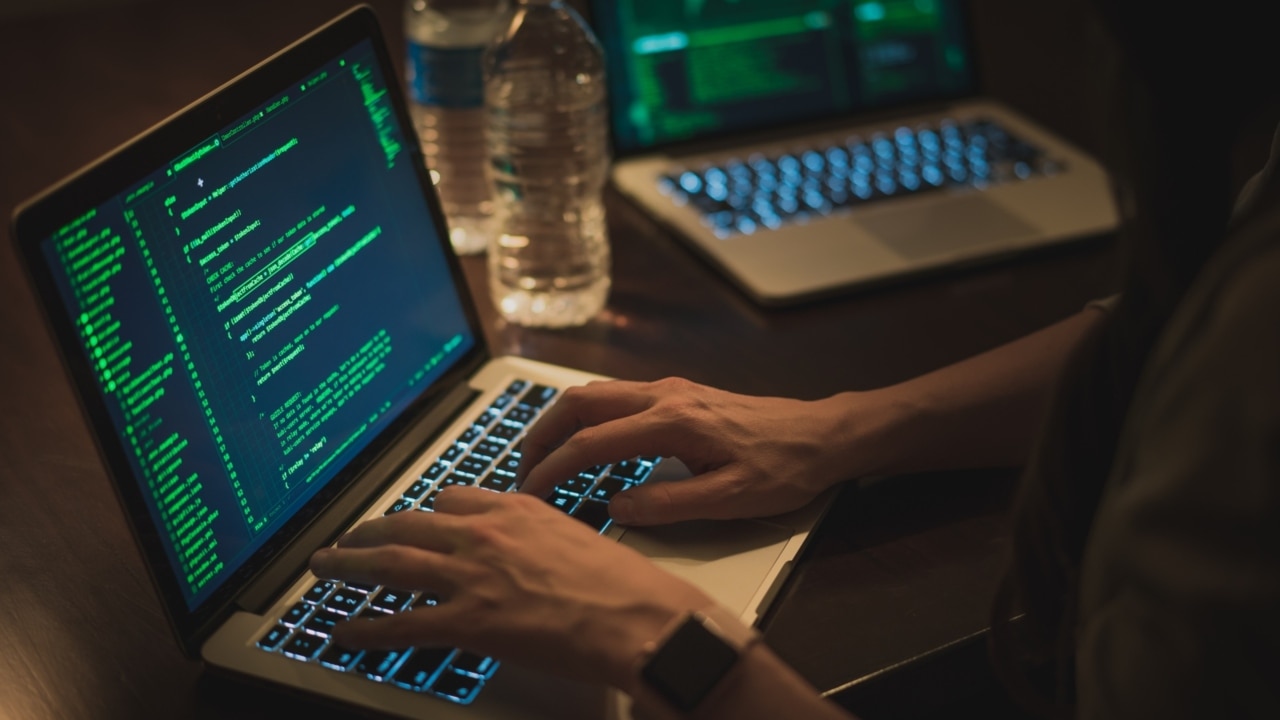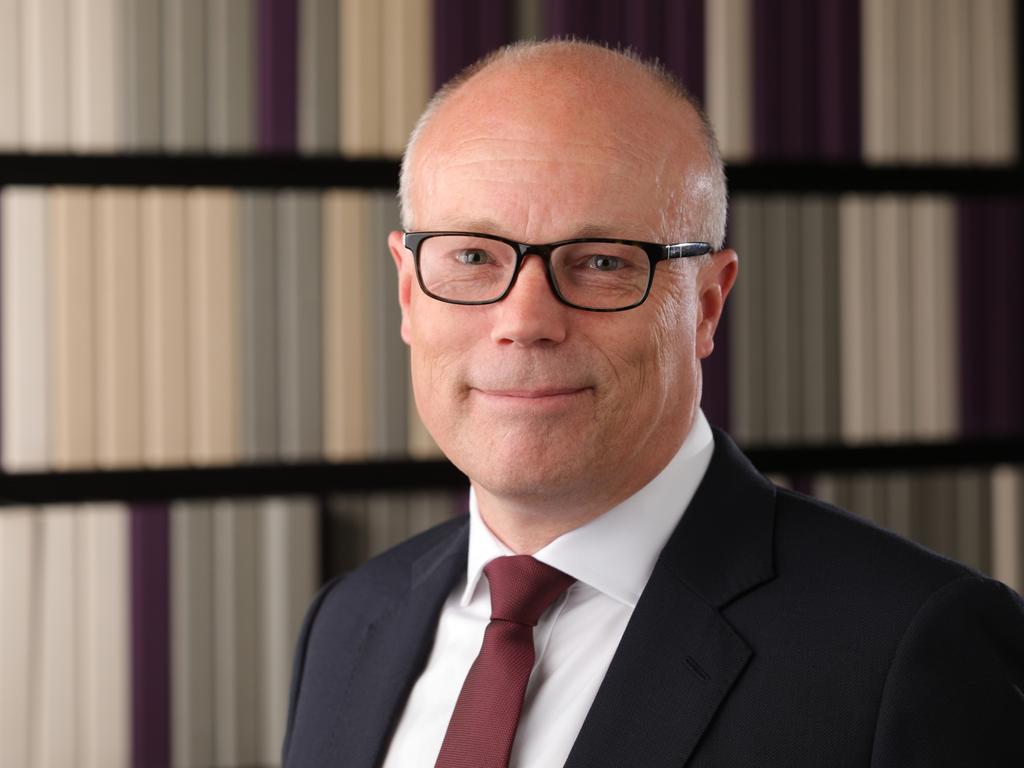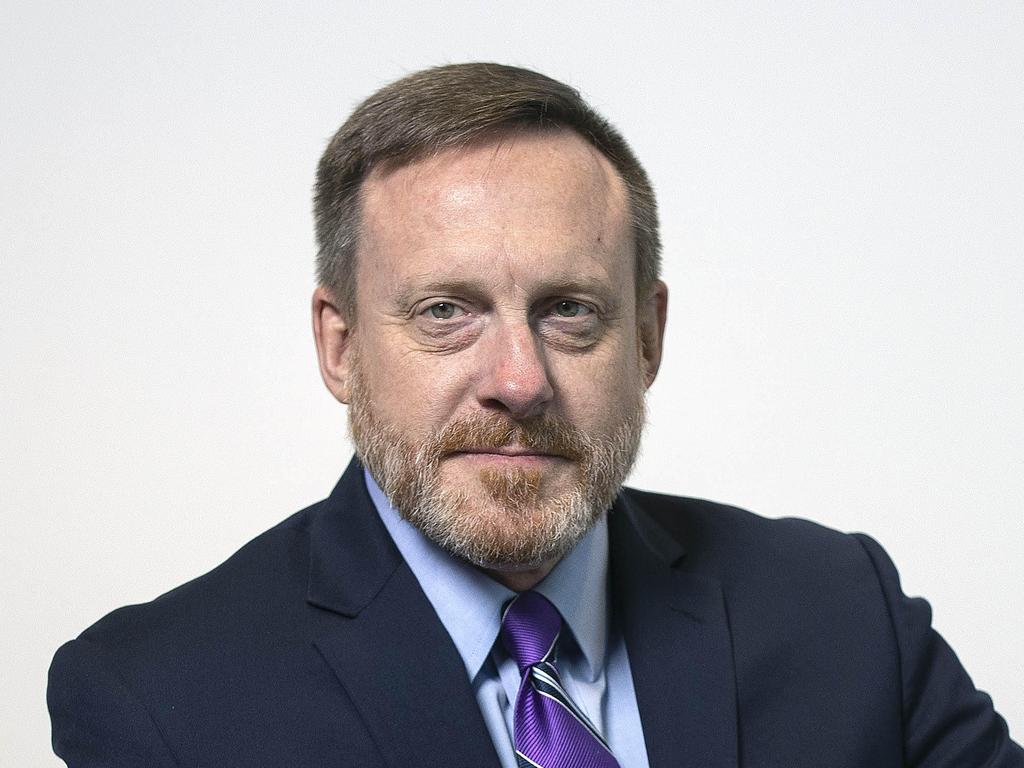Australia needs cyber force beyond army and navy, ex-UK security boss Sally Walker says
Australia must establish a national cyber force – beyond the army, air force and navy – and mobilise new civilian workforces to combat rising global threats and strengthen cyber defences.

Australia must establish a national cyber force – beyond the army, air force and navy – and mobilise new civilian workforces to combat rising global threats and strengthen cyber defences.
Sally Walker, the first female director at Britain’s top intelligence, security and cyber agency GCHQ, said Australia’s recruitment drive had to focus on “language” that did not pitch thousands of cyber-sector jobs as specialist IT roles.
The booming tech sector and security agencies, including the Australian Signals Directorate, Australian Cyber Security Centre and Australian Federal Police, have struggled to fill jobs and retain staff at a time of unprecedented threats and global competition for talent.
Ms Walker, the architect of Britain’s National Cyber Force, which brought together key defence and intelligence agencies in 2020, said attracting a wide range of personnel from “philosophers to linguists” was crucial.
Ahead of next week’s Australian Cyber Conference in Canberra, where she will deliver a keynote address alongside former prime minister John Howard, Ms Walker said stereotypes around exclusivity and technical prowess were holding back the cyber workforce.
“What we found in the cyber force we built up is really quite surprising contributions from different minds to real-world problems. We found that philosophers were good at thinking about cyber operations. We found that linguists were good at providing the cultural translation that was needed,” Ms Walker told The Australian.
“Australia could focus on language and talk about people who are going to contribute to modern society less than people who are going to be ‘cyber’.
“People assume it’s about IT.”

While coding and systems analysts remained the “bedrock of the technical solution and defences”, Ms Walker said cyber-competent nations should have the “maximum number of minimally qualified people … I’ve talked a lot in schools around the fact that of course we need coders, we need people with STEM backgrounds, that’s going to be vital to any future society but to be competent in our technical world, you need to be able to read, write and think more than read, write and code because where technology touches society, a lot of the challenge is how society is going to respond, not what’s the technical solution.
“Kids are being inundated with information, Ms Walker said. “But the thing that they still need to be helped with … is not to prove what they know but to really think about what they don’t know – to think about the unknown, to ask questions, to be curious.”
Ms Walker, who in a 25-year GCHQ career supported military operations in the Balkans, Iraq and Afghanistan and was 2012 London Olympics cyber security operations chief, said “untapped sources of talent” would build Australia’s cyber force.
“There’s lots of (older) people who have come out of a very meaningful and enjoyable first career and are now looking to a second, or third, or a fourth career and they don’t want to be written-off,” she said. “They’ve got huge experience. They’ve got adaptable minds, and they have a willingness to learn.”
As China and Russia pour resources into cyber operations, the AUKUS pact includes a focus on cyber security and shared offensive capabilities alongside co-operation on quantum, missile and drone technologies.
Ms Walker, an adviser at WithYouWithMe, which works with UK, Australian, US and Canadian government agencies on cyber workforce strategies, said “the great thing about the Five Eyes relationship is we can disagree, we can have difference of thinking”.








To join the conversation, please log in. Don't have an account? Register
Join the conversation, you are commenting as Logout